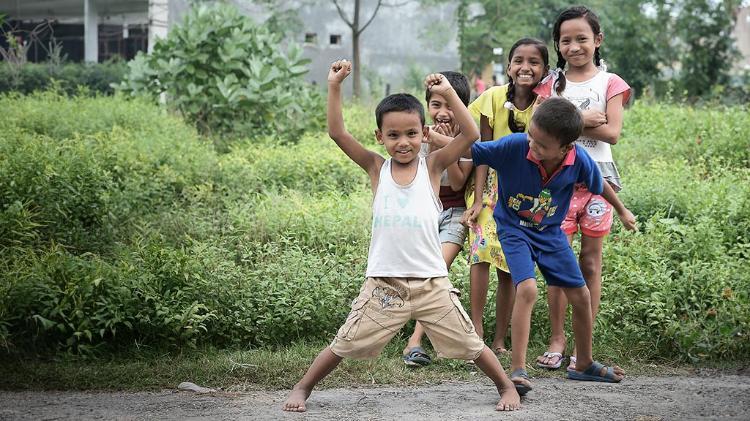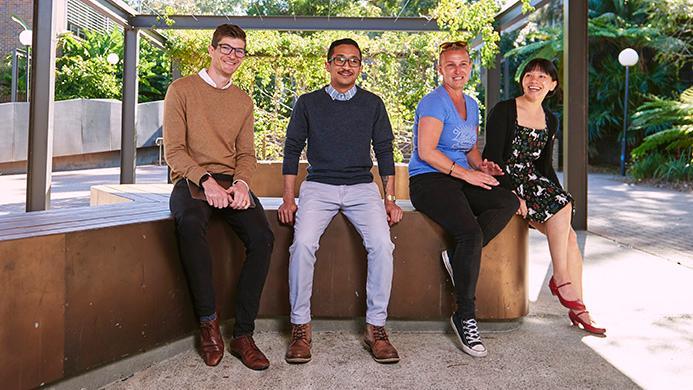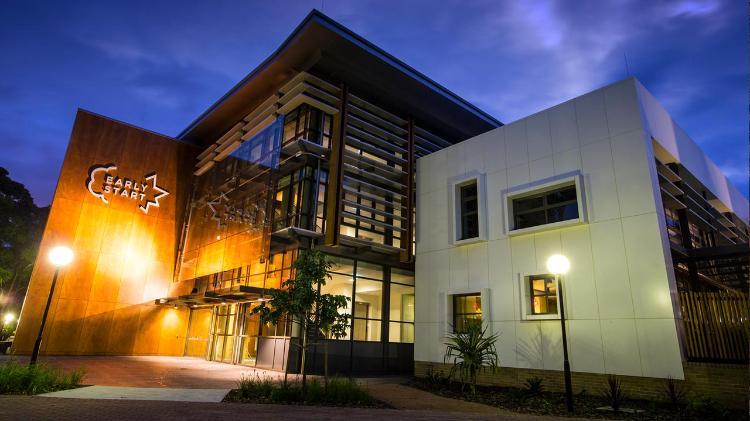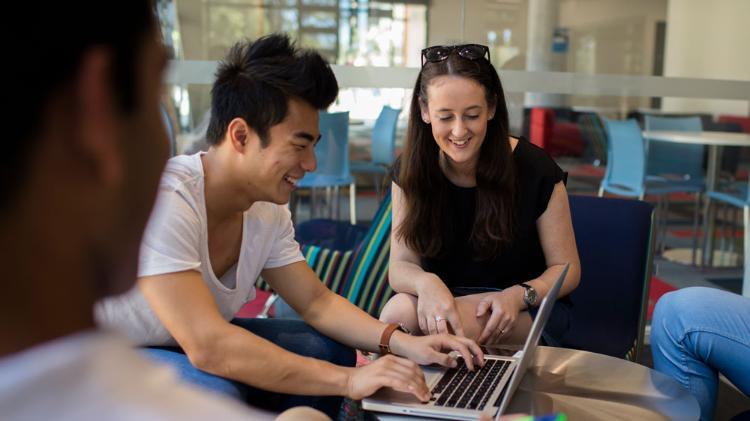
Faculty of the Arts, Social Sciences and Humanities
The Arts, Social Sciences and Humanities brings people and place to life and from that our desire to think, examine, express and create, to act collectively for positive social change. As a new faculty that is our purpose – to provide the foundation and inspiration for living and to work towards a better life for everyone, particularly those who are most vulnerable in society.
We promote ways in which people can live meaningful, healthy, secure and sustainable lives as well as improving our understanding of human thought, culture and art, to advance an inquisitive, harmonious and equitable society.
We empower individuals with the knowledge and skills like creative problem-solving, analytical thinking, communication and practical expertise to make positive personal choices in daily life. We influence structures, systems and institutions that impact on how people lead their lives and empower communities through social change.
50 years of UOW
In 2025 we will share events, activities and stories that honour the University's legacy, connect with our communities and ignite excitement about our future.
Nepal 2024: Classroom Renovations
A group of students from ASSH travelled to Nepal in early 2024 to renovate and resource a preschool classroom as well as donate to ICRI Nepal’s important work with children, families, and teachers. Thank you to all who donated funds, time and materials.
Our visit








